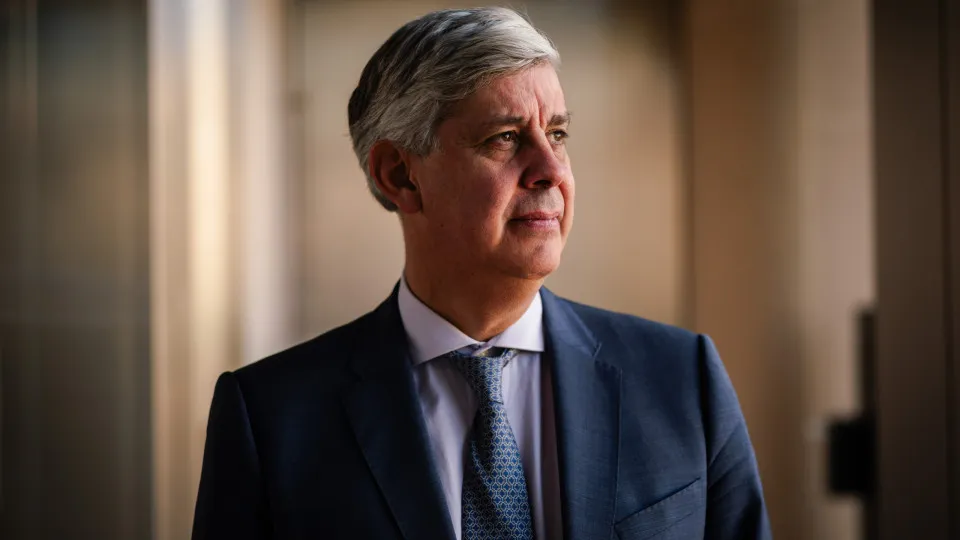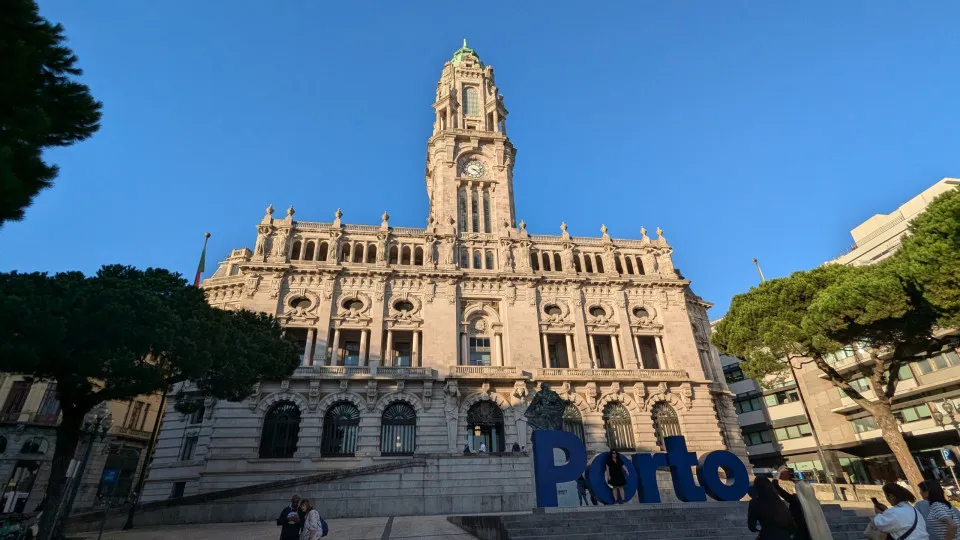
“We cannot ask for stability and a gradual and conscious path forward while simultaneously seeking disruption and waves that will not materialize in what Europe is,” stated Mário Centeno at the opening of a conference marking the 10th anniversary of the Single Resolution Mechanism.
“In recent years, Europe has been the largest pillar and provider of stability in the world. This is largely due to these institutions we celebrate today, as we take them seriously and increasingly use them to ensure stability for our economies,” he added.
The governor, who will be replaced by Álvaro Santos Pereira in a few days, noted that the last decade presented challenges such as the pandemic, geopolitical shocks, cyber risk, and the emergence of digital assets and new participants.
In this context, he argued that Europe as a whole “should move beyond just risk reduction to a more mature and advanced risk management.”
To achieve this, and acknowledging that doing so in Europe “is not always easy,” he emphasized the need for trust among member states, authorities, institutions, and citizens that the financial system “can withstand crises without jeopardizing stability or justice.”
Highlighting the progress made over the past decade by the national banking sector, such as improvements in asset profitability indicators and the reduction of non-performing loans, Centeno stressed that Portugal was among the countries demonstrating the need for these mechanisms the most.
“We are one of the countries that experienced most intensely the reasons why resolution mechanisms are so important,” he stated.
In the view of the current governor of the BdP, the achievements of the Single Resolution Mechanism “cannot go unnoticed,” and in instances where it was called upon, “it showed the ability to act quickly and efficiently.”
Nevertheless, Centeno remarked that financial stability “cannot be taken for granted, especially in current times of uncertainty.”
“We need to move forward and coordinate efforts to continue with the banking union and develop the EU capital market. These are essential for a competitive and integrated financial system, as well as for channeling Europeans’ high savings into productive investments in Europe,” he said.
“The first 10 years of the Single Resolution Mechanism have shown what Europe can achieve when it acts united, with determination and vision,” he concluded.




